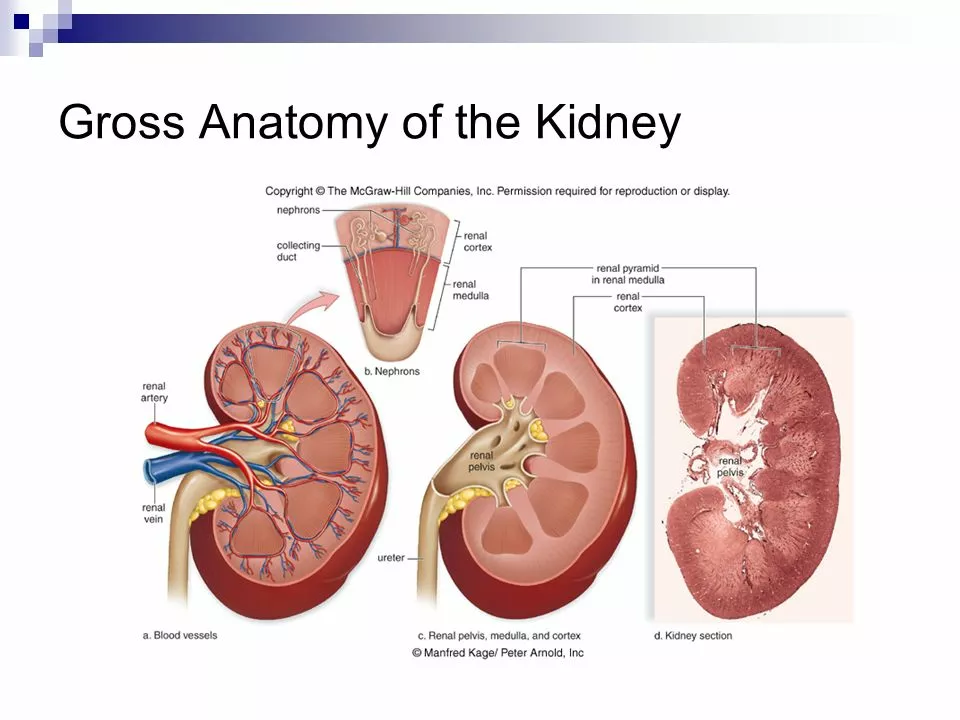Kidney Function: What Your Kidneys Do and How to Keep Them Happy
If you ever wonder why doctors keep asking about your "kidney numbers," it’s because kidneys are the body’s natural cleanup crew. They pull waste out of your blood, control how much water stays in your system, and keep salts like sodium and potassium in check. All that happens without you noticing – unless something goes wrong.
How the Kidneys Work in Everyday Terms
Think of each kidney as a sophisticated coffee filter. Blood flows in through tiny vessels called arterioles, then passes into millions of microscopic units called nephrons. Each nephron sifts out waste and extra fluid, sending the clean blood back to circulation while the leftover turns into urine. This filtering also helps regulate blood pressure by releasing hormones that tell your arteries to tighten or relax.
Besides cleaning up, kidneys decide how much of important minerals stay in your bloodstream. They re‑absorb sodium when you’re low on salt and dump excess potassium if it builds up. That balance is why you feel shaky or have muscle cramps when electrolytes are off – your kidneys are trying to correct the swing.
Simple Steps to Support Your Kidney Health
The good news is most of what you do each day can protect those filters. Drinking enough water (about 8 glasses for many people) keeps the blood less concentrated, making it easier for kidneys to flush out waste. If you’re prone to high blood pressure or diabetes, keeping those conditions under control is a huge win for kidney health.
Cutting back on salty snacks helps because excess sodium forces kidneys to work harder to get rid of extra fluid. Likewise, limiting over‑the‑counter pain relievers like ibuprofen or high doses of aspirin reduces the risk of tiny kidney injuries that can add up over years.
Regular check‑ups are worth a few minutes. A simple blood test for creatinine and a urine dip can spot early problems before symptoms appear. If you have a family history of kidney disease, let your doctor know – they might suggest more frequent monitoring.
Finally, stay active. Exercise improves circulation, which means kidneys get fresh blood to filter efficiently. Even a daily walk can make a difference when combined with the other habits above.
Keeping your kidneys running smoothly isn’t about drastic diet overhauls; it’s about steady, sensible choices. Stay hydrated, watch salt and pain‑killer use, manage blood pressure and sugar, and get routine labs. Your kidneys will thank you by keeping you feeling energetic and healthy for years to come.
Exploring the connection between calcitriol and kidney function
In a recent exploration, I delved into the fascinating connection between calcitriol and kidney function. Calcitriol, the active form of vitamin D, plays a crucial role in maintaining calcium and phosphate balance in our bodies. Interestingly, it's our kidneys that actually convert vitamin D into calcitriol. However, when kidney function declines, calcitriol production is often compromised, leading to complications like bone disorders and cardiovascular issues. It's truly amazing to see how interconnected our body systems are and how vital optimal kidney function is for our overall well-being!
© 2026. All rights reserved.

